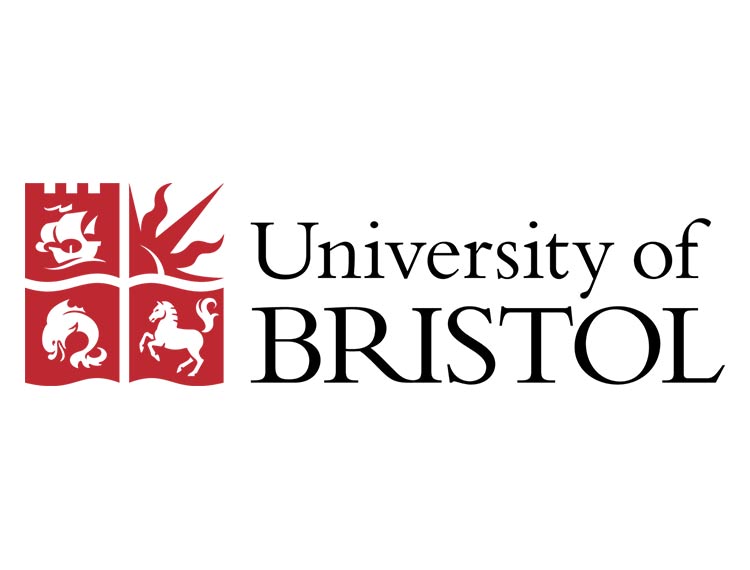Quantum computing company – co-founded by Bristol scientists – benefits from £750k investment

Phasecraft is developing software for quantum computers using some of the best talent in the sector.
It aims to solve problems beyond the capacity of today’s best classical computers. The company is building an understanding of the capabilities of current and near-term quantum computers, and how it can be channelled into useful applications.
The Phasecraft team includes some of the world’s leading researchers in quantum computing, with a collective 50 years of experience working in the field. The team are moving beyond writing academic papers, to using their theories to bring the technology of the future into today.
Quantum computers are on the cusp of becoming a practical reality and could ultimately solve challenging computational problems we face today, such as investigating unique quantum materials, helping to develop better batteries and more efficient solar panels, simulating chemical reactions and helping to discover new catalysts and optimise key industrial processes.
However, fully realising the immense potential of quantum computing will require solving deep scientific and technical challenges.
Phasecraft sets out to do this first by designing quantum algorithms and software to solve problems beyond the capacity of today’s best supercomputers. This will be followed by partnerships secured with companies to co-develop solutions to the main problems they face, and then working with leading quantum hardware developers to implement the required technology.
The pre-seed investment will enable the company to build out the initial team working on the project and prove the concept that quantum computers can be used to solve relevant and complex problems.
David Grimm, Investment Director, UCL Technology Fund, says: “Phasecraft is at the forefront of what is an incredibly specialised field. Fulfilling their objective of developing quantum computing to a level where we could solve previously unsolvable problems would make the company highly valuable to the world’s tech giants. We are excited to begin working with the team at this early stage.”
Dr Ashley Montanaro from the University of Bristol’s School of Mathematics and Bristol Quantum Information Institute said: “This is an incredibly exciting time for the field of quantum computing, as quantum computers are on the verge of outperforming their classical counterparts for the first time, and the field transitions from a primarily academic endeavour to one where industry plays a significant role in developing technology.
“For this reason, it seems the ideal time to use our academic expertise in a commercial context to address some of the deep technical challenges that need to be solved for quantum computing to reach its true potential.”












Responses